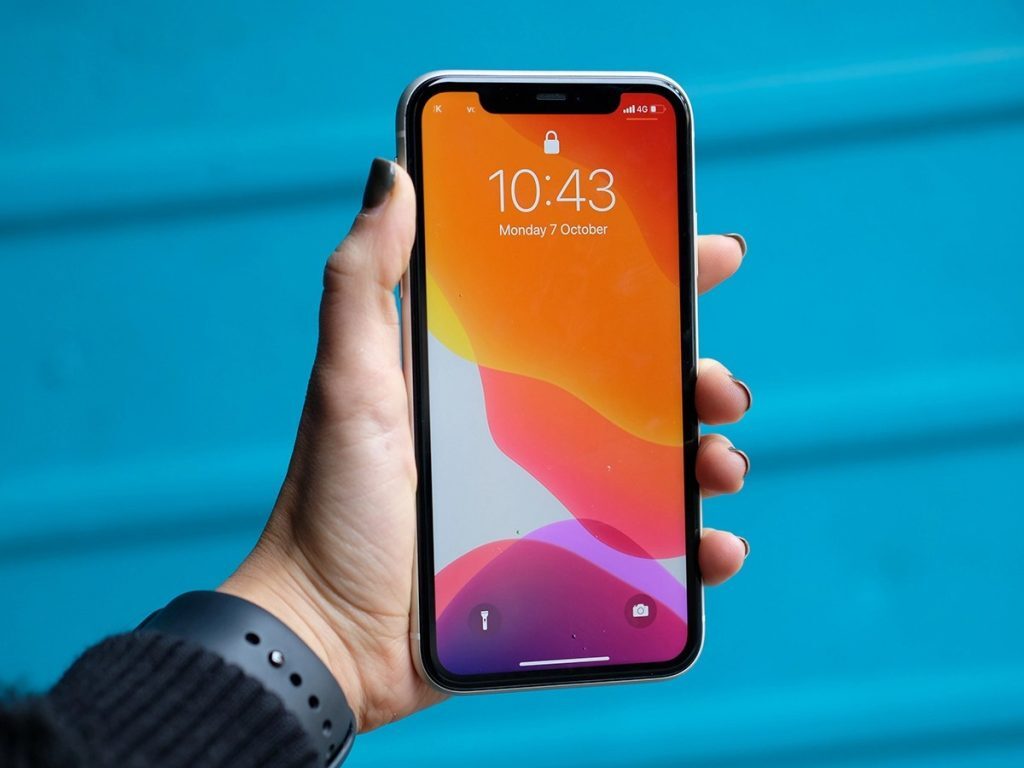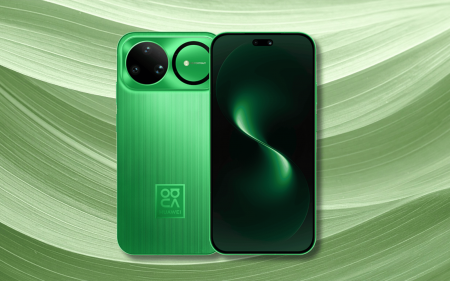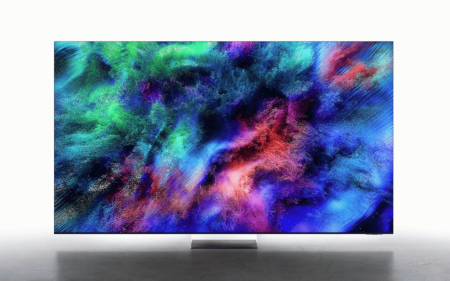Just when you thought there was nowhere left for ads to go, Glance leaps out of the shadows. With the release of iOS 16, Apple showed us what a lock screen could do. You may think it’s only to keep your phone secure from unwanted eyes – which is how it used to be. But now, it’s becoming a playground for advertisers. It’s exactly as annoying as it sounds.
But Apple is not the only company with this idea. Glance is a “lock-screen content company” planning on bringing information, games, and ads to a lock-screen near you. Glance is already in talks with American carriers, hoping to debut on Android phones over the next few months.
At a Glance
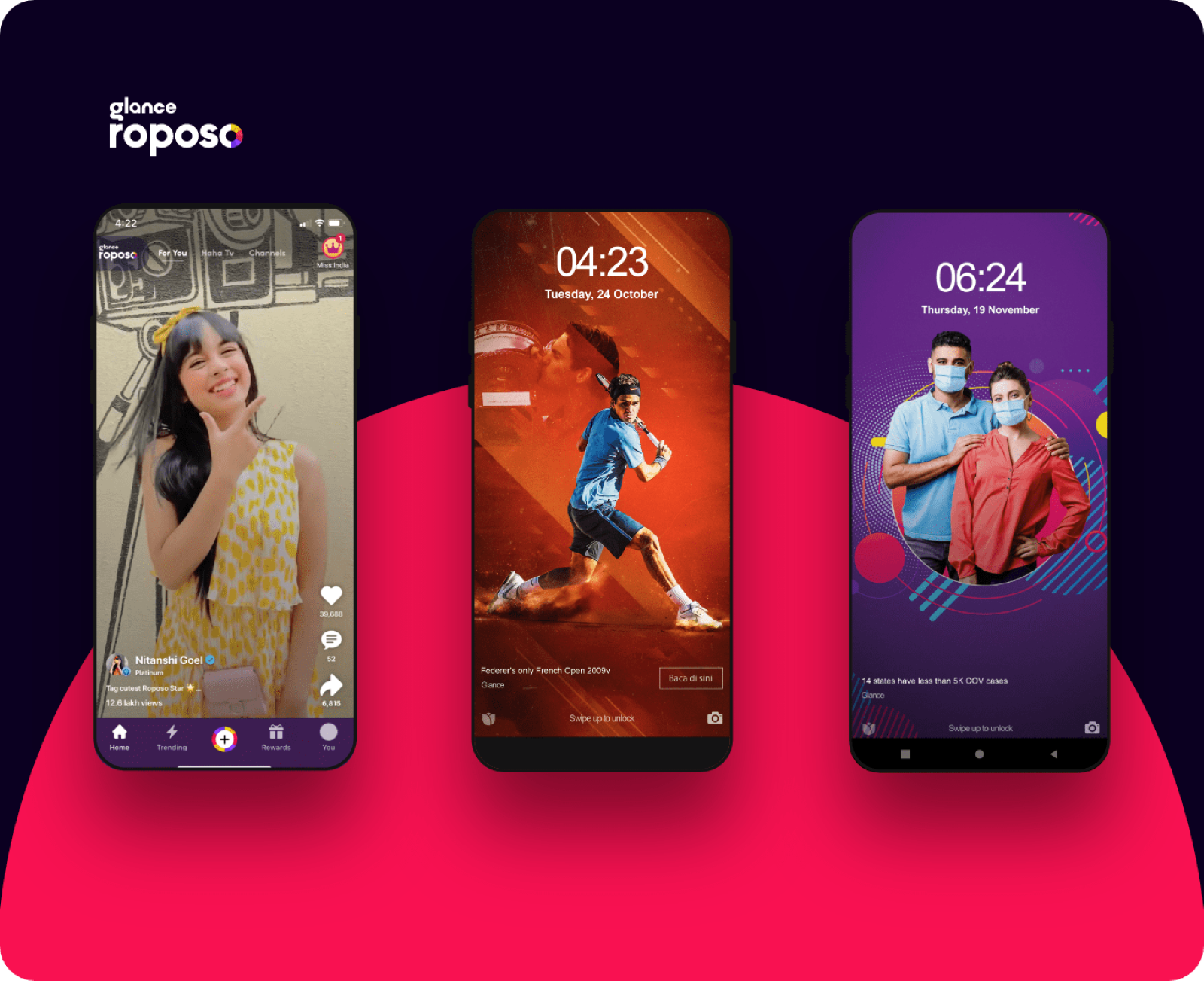
People already flood their lock screens with widgets and notifications – the difference being that this is optional. If you’d prefer nothing on your lock screen, that’s okay. Companies like Glance wants to leave users without a choice, shoving ads down throats at every opportunity.
The way Glance works is by feeding users a rotating selection of games, quizzes, photos, and ads. Unsurprisingly, Glance calls these ‘glances’ and reckons they will be a money-printing machine. On average, people tend to unlock their phones 65 times per day.
And Glance can back it all up. Glance is a subsidiary of Indian ad tech company InMobi, with partners like Samsung and Xiaomi behind the scenes. InMobi says that it already has its software on 400 million phones across Asia. That’s a substantial user base to start from. Glance also has backing from Google, along with investor Peter Thiel.
Not unheard of
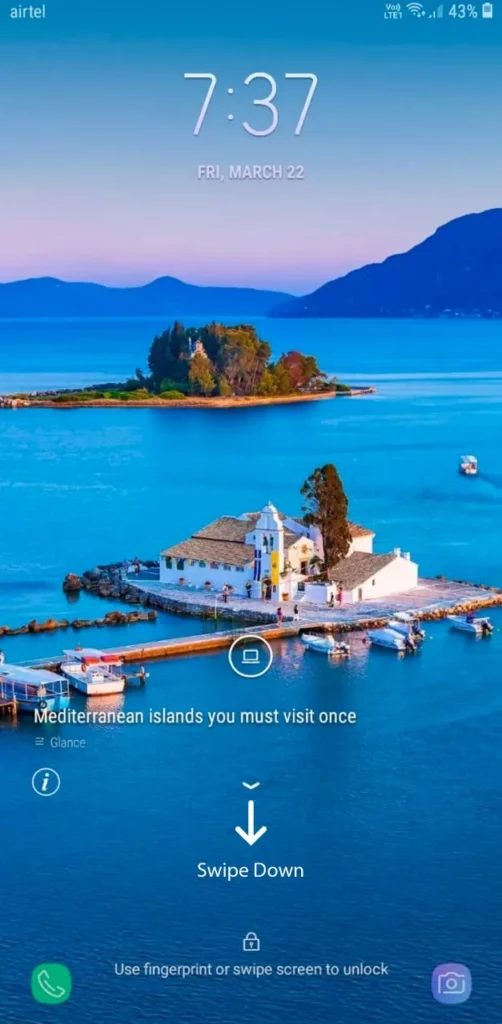
The idea behind Glance isn’t a terrible one. Devices have offered cheaper deals on products with ads for ages. One of the most popular of these is Amazon’s Kindle, which offers a cheaper model that comes with ads, rather than the usual lock-screen. The thing is; Kindles don’t require an active Internet connection – meaning you needn’t be force-fed ads constantly. Phones have become a part of our daily lives, and an active connection is generally present.
InMobi CEO Naveen Tewari told Forbes, “Consumers will move from seeking content to consuming what is shown to them.” It feels as if we’re living in a world of George Orwell’s creation.
Read More: Twitter Blue users on Android can now customise their Twitter layouts
To show off just how intrusive lock screens can be, the company held ‘Glance Live Fest’. The event took place over three days, entirely on user’s lock screens. Concerts were streamed, interviews were blasted, and live shopping content was forced on more than 70 million users. It’s an opt-out experience every time you want to use your phone. It’s as awful as it sounds. Just watch this video to see what you’re not missing out on.
Thankfully, South Africa hasn’t experienced the scourge that is Glance yet. But if Glance is a success in the US, it could very well be a possibility for South African carriers. We’ll just keep our fingers crossed that it doesn’t take off. This is little more than a dream, though, given how lucrative Glance is looking to be.

